We've all experienced the Monday blues. And in the midst of the coldest and darkest month of the year dragging yourself out of bed for anything less than a job you love is a struggle.
There is no better time to beat those blue Mondays by doing something you love. All across Britain the self-starter movement is gaining momentum with people turning their passion projects into an income, whether that's passion project, side hustle or even their own small business.
Research we did with OnePoll last year found that almost two-thirds of people regret not starting their own side hustle sooner and that the most popular reasons for starting are passion, ambition and because it started out as a hobby.
In this blog, we offer some tips on how to start your own side hustle to beat those Monday blues.
Check your employment contract first
Before you get stuck into turning your passion project into extra cash, you need to check your employment contract.
It’s better to be safe than sorry. Even if there is no clause in your contract about starting a business, it’s best to make sure your side hustle doesn’t affect your full-time job. This is so you don’t land in any hot water – or potentially lose your full-time job – if your contract says you aren’t allowed to start another business.
Getting started
Once that's sorted, it’s time to get started with making your side hustle a reality!
First, you’ll need to plan and research your business idea. There are loads of different areas you can start a side hustle in, from teaching or coaching, selling homemade items, or affiliate marketing. Speak to friends and family to bounce ideas around, or join a Facebook group with other side hustlers. You can find some ideas and inspiration here.
Now comes the fun part – finding a name. Your name is your brand and you want it to be meaningful and unique to you. Make sure to do some research into what other businesses in your space are doing so that you can make sure you’re different.
Once you’ve done that, you can get on writing a business plan. This is a good way to explore opportunities for your business and understand your competitors more. You can find information on how to do that here.
Tools of the trade
When it comes to running your side hustle, you might need some digital tools to help you plan, manage and bring your passion to market.
There is an abundance of tools available from finance, project management and social media. A lot of tools will either have a free option or offer a free trial. It’s always great to test something out first before you put any money behind it.
You can find a list of handy apps and tools to use here.
Type of business ownership
Figuring out which type of business ownership your company falls under or is best suited to can be difficult. Some of the most common in the UK are:
Sole trader
Limited company
Partnership
Freelancer
You can find out more about each of these business types in our guide.
Understanding tax
So you have an idea, and you’re getting started with your side hustle. But what about tax?
Tax is based on how much you earn. Everyone has a £1,000 tax-free trading allowance, so you don’t need to tell HMRC about any income if it’s less than that in one tax year.
If you are likely to go over that, you need to register for a Self Assessment tax return. Check out this handy guide from Elaine Calrk, founder of Cheap Accounting on how to submit one.
Starting your own side hustle might seem daunting at first but with some passion, planning and commitment you can turn your dreams into reality.






